How Much Do Hair Extensions Cost for Different Types?
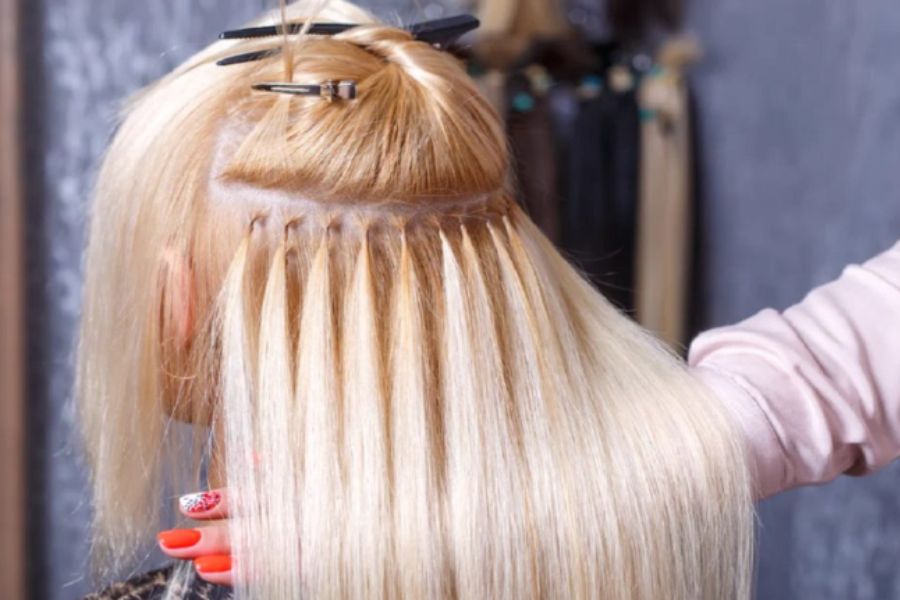
Key Takeaways
- Explore "How much do hair extensions cost?" prices range from $100 to $800 for non-permanent options and $200 to $3000 for permanent solutions.
- The cost of extensions varies depending on hair quality (human or synthetic), length, and application method. Learn about the details below!
- Discover Livicor Hair’s range of 100% human hair extensions at competitive prices, whether you prefer straight, curly, or wavy styles, to achieve your ideal look.
How Much Are Extensions?
The cost of hair extensions varies widely, from $100 to $3000. The table below shows the prices of popular hair extension products.
|
Types of extensions |
Cost |
|
Clip-in |
$100-$400 |
|
Halo |
$200-$500 |
|
Tape-in |
$200-$800 |
|
Sew-in |
$200-$1500 |
|
Microbead |
$300-$2500 |
|
Fusion |
$200-$3000 |
Different Types Of Hair Extensions Prices
1. Clip-in Extensions
Clip-in hair extensions typically cost between $100 and $400.
Each hair weft has a clip that allows you to easily attach them to your hair, adding volume and length quickly at home without a stylist's help. With proper care and depending on usage, clip-in extensions can last from six to twelve months.

2. Halo Extensions
The average cost of halo extensions is between $200 and $500.
These extensions are famous for being low maintenance, easy to wear, and simple to style. Requiring no regular salon visits and causing no damage to your natural hair, they consist of a single piece of hair attached to a clear wire. To wear them, wrap the extension around the crown of your head. With proper care, halo extensions can last from three to six months.

3. Tape-in Extensions
Tape-in hair extensions usually cost between $200 and $800.
These extensions use specialized tape to adhere securely to your hair. With proper maintenance, you can reuse them for up to a year. You'll need to visit a salon every four to eight weeks to have your stylist reposition and adjust the extensions based on your hair's growth rate.
Tape-in hair extensions
4. Sew-in (Weave) Extensions
Sew-in weaves typically cost between $200 and $1,500 and offer a durable and secure option for your hair. When considering hair extensions price, sew-ins are often a more affordable option compared to other methods.
Your stylist will braid your hair and sew the extensions into these braids. With proper care, sew-in extensions can last six to twelve weeks. Touch-up appointments may include re-braiding, trimming, and washing, as maintaining a clean scalp under the weave can be challenging.

5. Micro-Link (Micro-Bead) Extensions
Micro bead extensions range from $300 to $2,500.
To install them, a stylist threads your natural hair and the extension through a small bead and then clamps it to secure the extension. Micro bead extensions can be applied with I-tips or complete wefts of hair.
With proper maintenance, including salon visits every six to eight weeks for repositioning as your hair grows, these extensions can be reused for several years.

6. Fusion (Pre-Bonded) Extensions
If you're wondering how much do hair extensions cost, fusion hair extensions range from $200 to $3,000, making them one of the most expensive yet effective options for permanent extensions and a natural look.
Fusion extensions come in two main types: hot fusion and cold fusion.
- Hot fusion extensions involve a stylist attaching pre-bonded hair to natural hair using keratin glue and a heat clamp. They are often referred to as "glue-in" extensions.
- On the other hand, cold fusion extensions use an ultrasonic iron to attach the extensions without heat. This method is more expensive and less common than hot fusion.
Both hot and cold fusion extensions require maintenance every two to three months for repositioning. With proper care, they can last between three to six months.

4 Factors Influencing the Cost of Hair Extensions
Understanding the factors influencing cost of hair extension helps you pick the type that fits your needs and budget. Let's explore the key factors and their significance.
1. Hair Quality
- Synthetic Hair Extensions: Typically, the most affordable synthetic extensions may lack a natural appearance, are more challenging to style, and have a shorter lifespan than human hair.
- Human Hair Extensions (Remy or Non-Remy): Human hair extensions are valued for their natural appearance and ease of styling. Remy hair, which has intact and aligned cuticles, tends to be pricier than non-Remy options.
-
Virgin Human Hair Extensions: Virgin hair is never chemically treated and is considered the highest quality. Consequently, extensions made from virgin hair are usually the most expensive due to their superior quality and longevity. So, if you're wondering how much do hair extensions cost, keep in mind that virgin hair extensions typically come at a premium price.

2. Hair Length
- Short Extensions: These generally require less material and are more affordable.
- Medium-Length Extensions: Falling in between, they offer a balanced cost relative to their length.
- Long Extensions: These typically require more hair, making them more expensive than shorter options.
3. Hair Thickness
Thicker Purpose: If you prioritize volume, you may need fewer extensions, thus lowering the cost. However, aiming for both volume and length typically requires more extensions, leading to higher costs.
4. Method of Application
- DIY Installation: While cost-effective, do-it-yourself options require skills to ensure the extensions blend seamlessly and stay secure on your natural hair.
- Professional Installation: Complex methods like fusion or sew-in require specialized skills and time for precise placement and longer-lasting results, making them more expensive. This contributes to the overall cost of extensions, as these techniques often demand more expertise and care.
Frequently Asked Questions
Are hair extensions a lot of maintenance?
Not necessarily. Hair extensions require more maintenance than natural hair, but it doesn't have to be much. Maintenance levels vary by type and duration of wear. Regular trims prevent split ends while avoiding sleeping with wet hair prevents tangling and damage.
What is the newest method of hair extensions?
Tape-in hair extensions are considered the latest hair extension method. Polyurethane-coated wefts or panels are affixed to natural hair using double-sided tape. They are praised for their simple application and removal and natural appearance and typically have a lifespan of 4 to 8 weeks.
What are the best extensions for thin hair?
The best extensions for thin hair are halo extensions, which have a fine, invisible wire attached to a weft of hair. This design sits comfortably around the crown of your head, ensuring a secure fit without straining your natural hair, making them highly recommended for thin hair.
Don't let hair issues hinder your dream hair goals. Our skilled team is ready to help you in finding ideal solutions. Contact us today to begin your hair transformation!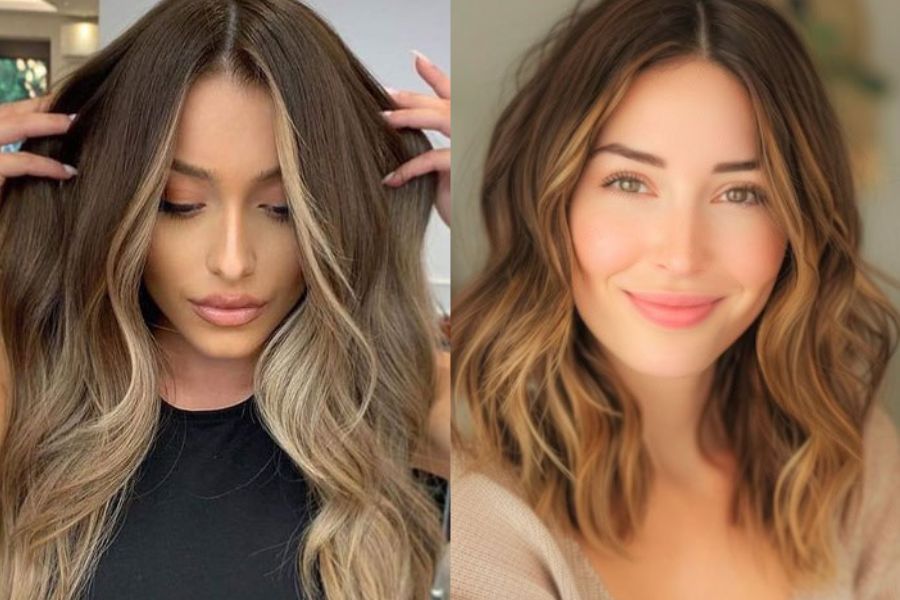
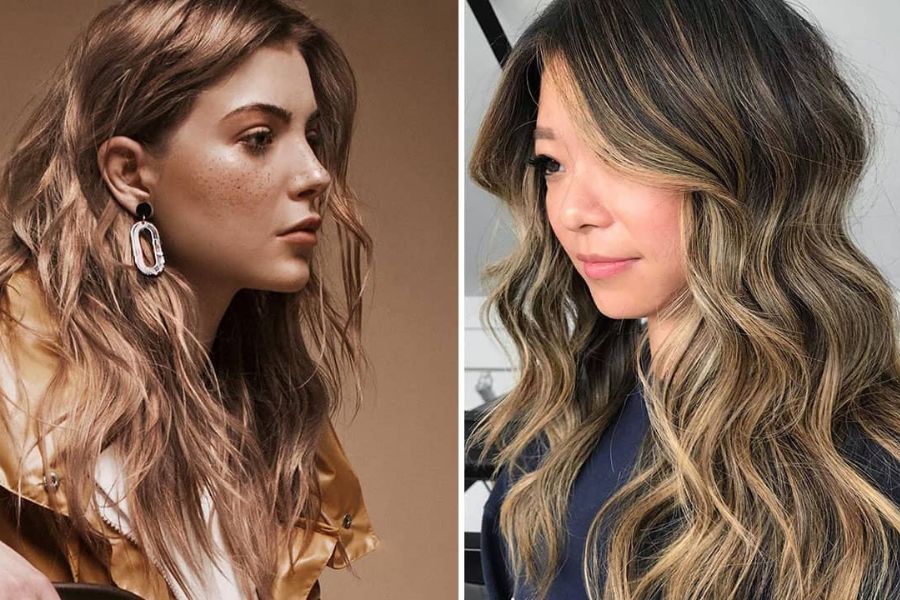


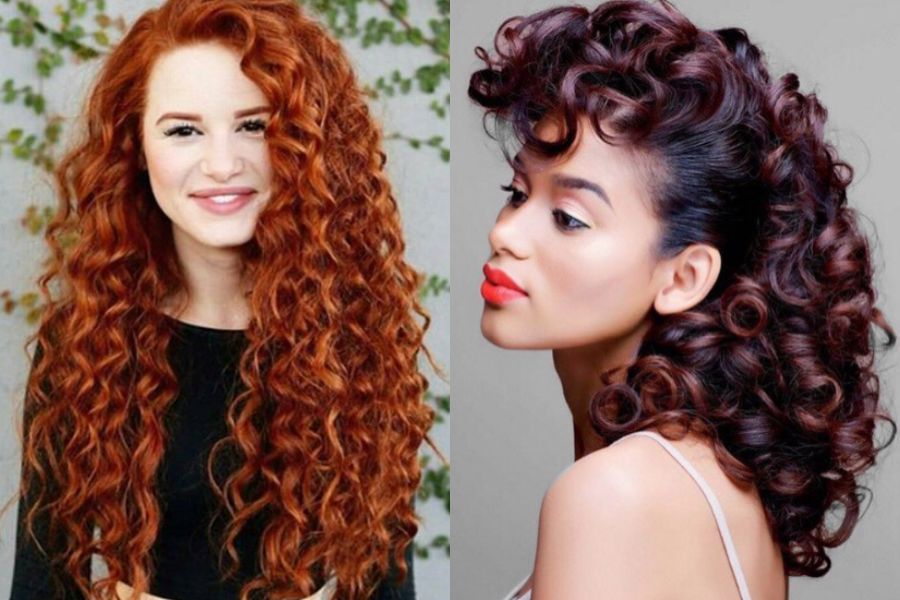
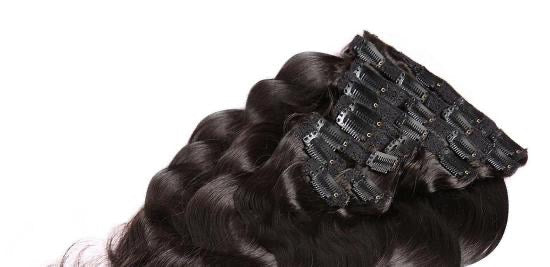
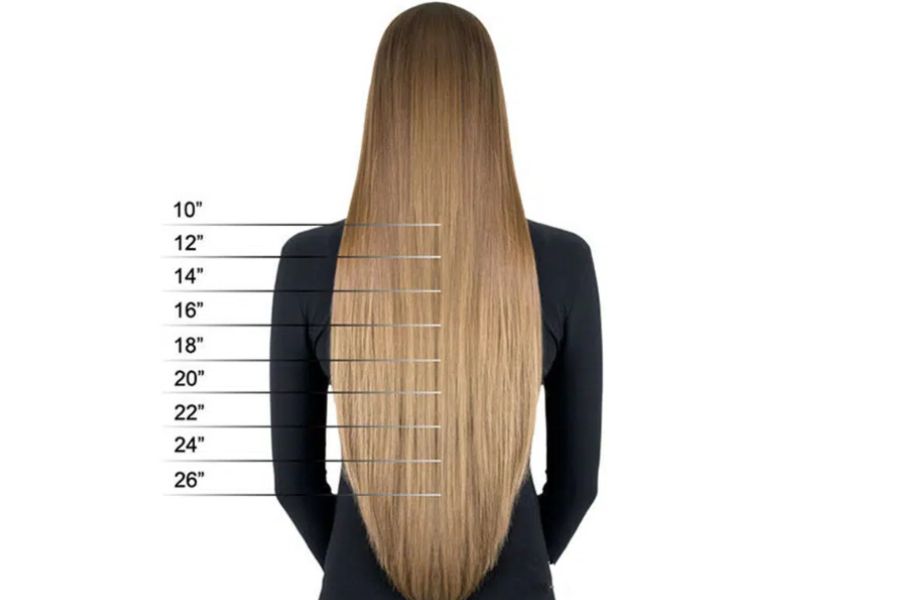
Comments